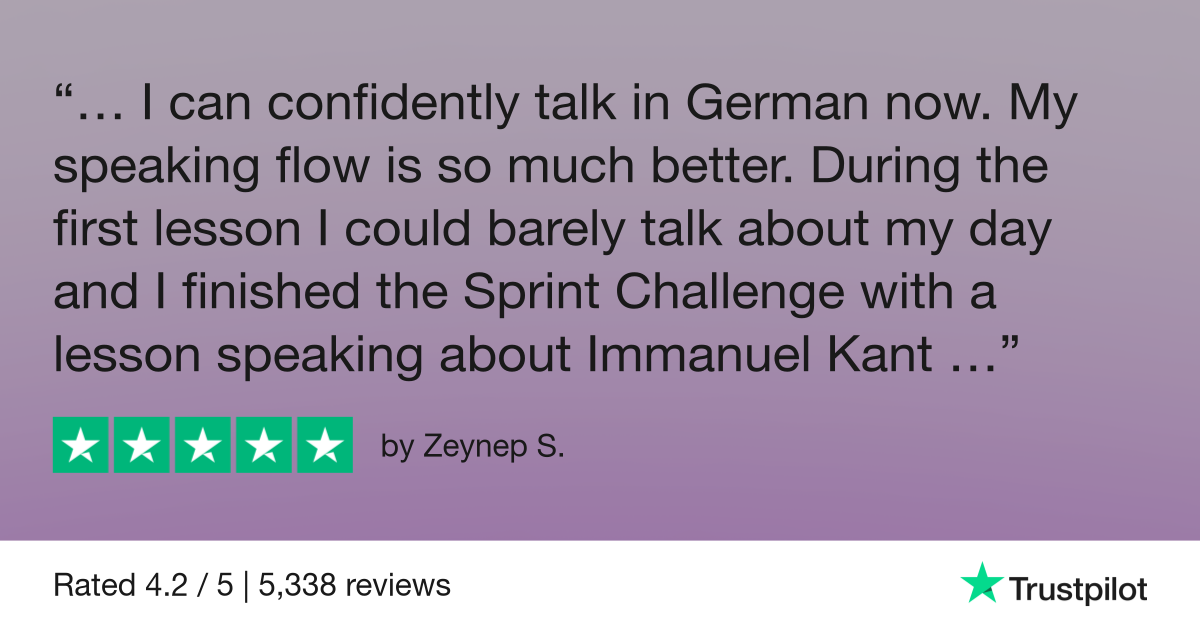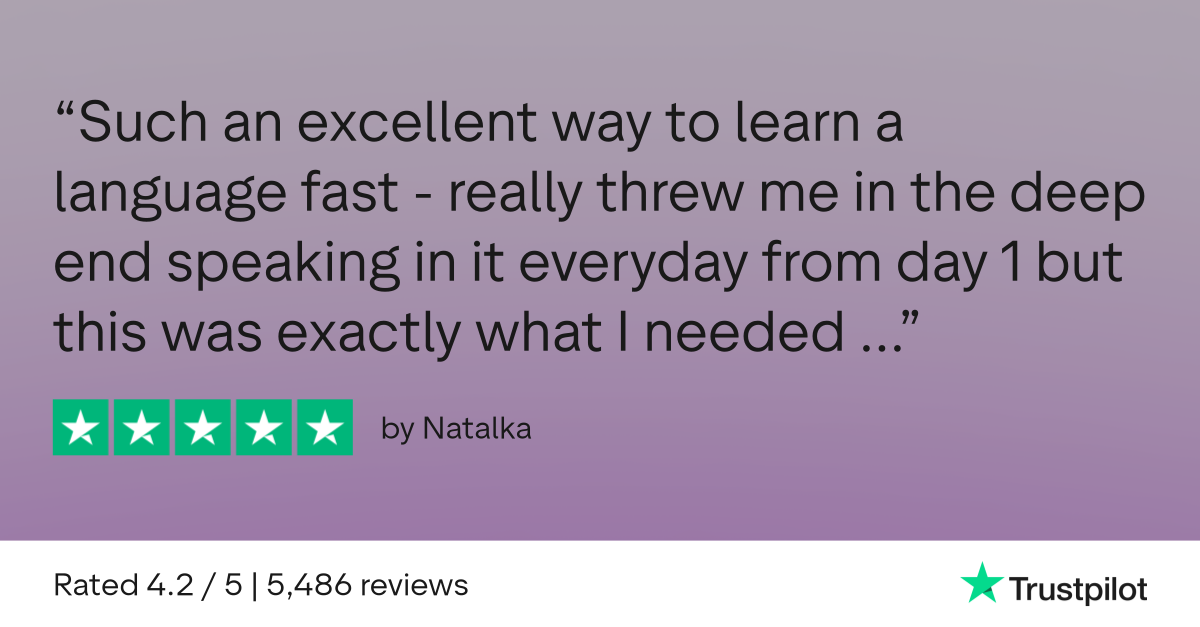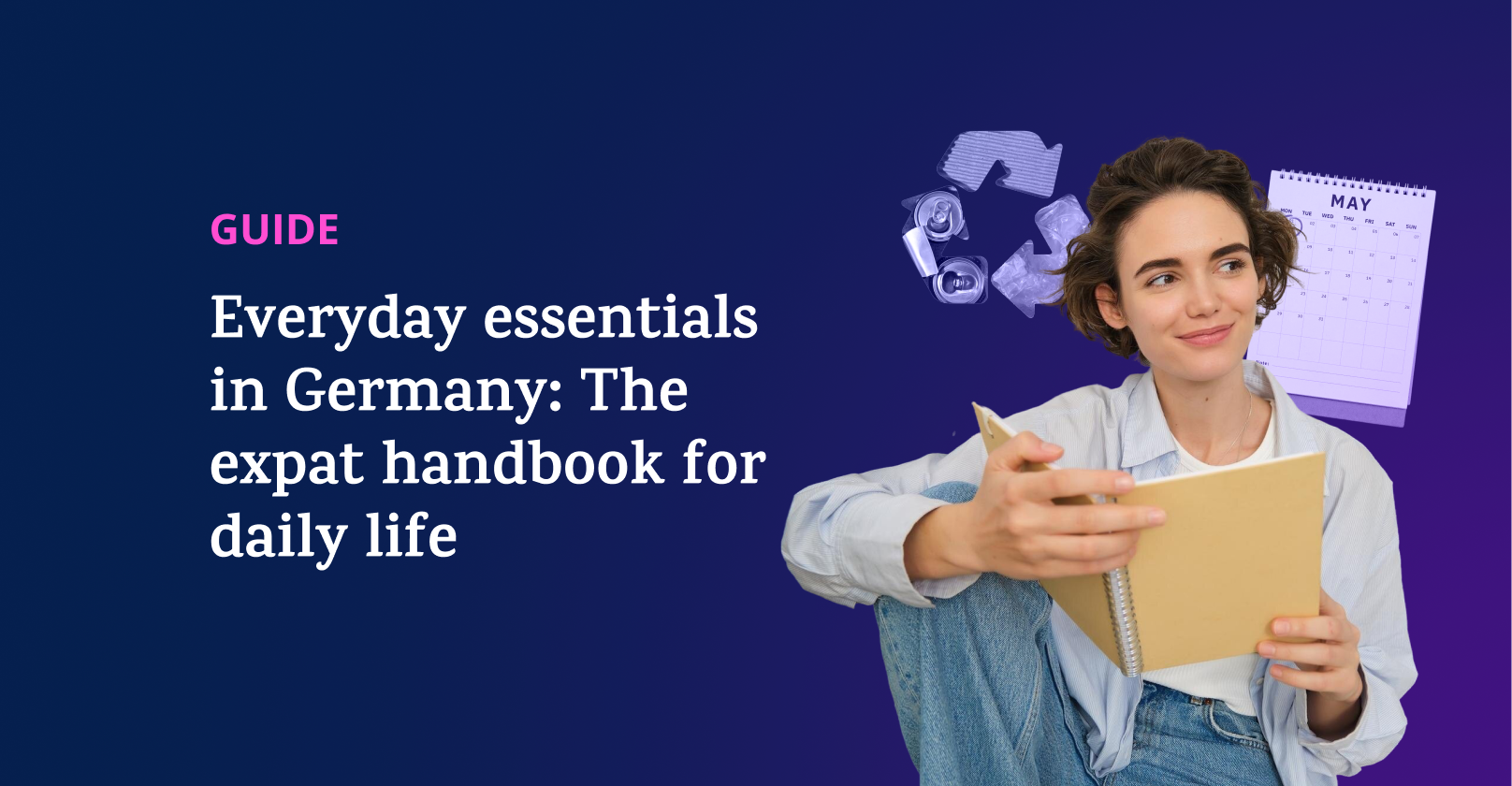What does ‘ja’ mean in German?

Ask a native speaker about the meaning of ja in German, and you’ll likely hear that it simply means “yes.” While that brief definition is technically correct, it doesn’t quite capture the full picture of this ubiquitous German word.
Ja carries a range of subtle nuances in everyday speech. Depending on the context, it can function as a modal particle, adding emphasis, emotion or attitude to a sentence. It may also express surprise, agreement or reassurance and, in some cases, it simply serves as a conversational filler to keep the dialogue flowing naturally.
Understanding these varied uses can help you sound more fluent and authentic in German conversations.
- Core meanings and everyday uses of ja in German
- Variations, synonyms and contrasts
- Real-life examples and sentences
- FAQs
Core meanings and everyday uses of ‘ja’ in German
‘Ja’ as simple affirmation
In its most basic and literal sense, ja means “yes” in German. It’s used to give a positive response to yes-or-no questions. This is the most common and straightforward use of the word:
- Kommst du? Ja! (Are you coming? Yes!)
- Habt ihr Hunger? Ja! (Are you hungry? Yes!)
Because of its frequent role in everyday conversation, ja ranks among the most spoken words in German.
‘Ja’ as a modal particle
Ja can also be used as a modal particle, i.e., a short word that adjusts the tone or intention of a sentence without changing its core meaning:
- Das ist ja klar. (That’s obviously clear.) → Here, ja adds emphasis to klar.
- Du bist ja verrückt! (You are crazy!) → Here, ja softens the tone.
German modal particles often have no direct translation and are very common in casual speech.
Expressing emotion or surprise
The meaning of ja in German can also show emotion, warmth or disbelief, depending on the context and tone. It can make sentences feel more expressive, giving a natural touch to everyday conversation:
- Das ist ja toll! (That’s really great!) → Here, ja adds enthusiasm.
- Du hast ja recht! (You’re absolutely right!) → Here, ja emphasizes realization or acknowledgment with surprise or concession.
‘Ja’ as a conversational filler
In everyday German, whether in casual speech or on social media, ja appears frequently as a conversational filler. It often crops up mid-sentence and it may be repeated (ja ja) to express emphasis, agreement or impatience.
So, to answer the question “what does ja mean in German?”, its function clearly goes far beyond being a simple affirmation. On platforms like Reddit, German learners often remark how native speakers use ja to convey nuance. For example, in this post, “Das ist ja schrecklich” and “Das gibt es ja nicht” show a genuine sense of surprise or alarm. In another post, learners explain that “ja ja” can signal sarcastic acknowledgment or resignation, depending on the context.

Learn German with Lingoda
How it works

Variations, synonyms and contrasts
Synonyms for ‘yes’
While the standard meaning of ja in German is “yes,” there are several alternatives that differ in tone and formality. Here are four common synonyms:
- Jawohl → formal; used in military and official contexts
- Na klar → casual and friendly; expresses reassurance
- Selbstverständlich → polite and confident; implies something that goes without saying
- Genau → neutral and confirming; used to agree with a statement
‘Ja’ vs. ‘doch’ vs. ‘eben’
Ja often signals agreement, but it cannot be used to contradict a negative question or statement. That’s where doch comes in:
- Kommst du nicht? Doch! (Aren’t you coming? Yes, I am!)
In other words, doch gives an affirmative answer to a negative question or statement.
Another word with a somewhat similar function to ja is eben. Both express a sense of shared understanding, but they differ in tone and nuance. Eben is used to accept something as a given, often with a hint of resignation:
- Das ist eben so. (That’s just how it is.)
When ‘ja’ feels awkward or rude
Ja is usually neutral or friendly, but as one Reddit thread makes clear, repeating it as ja ja can sound impatient or dismissive:
- Ja ja, ich mach’s ja schon. (Yeah yeah, I’m doing it already.) → Here, it implies reluctance or annoyance.
- Ja ja, du hast immer recht. (Sure sure, you’re always right.) → Here, it sounds sarcastic or passive-aggressive.
Remember that ja ja can sound playful among close friends, but it can come off as condescending in formal or unfamiliar situations.
Real-life examples and sentences
Let’s take a look at how ja appears in everyday dialogue, emotional reactions, idiomatic expressions and modern digital language.
Everyday dialogue
- Hast du die Hausaufgaben gemacht? Ja, gestern. (Have you done your homework? Yes, yesterday.)
- Seid ihr schon angekommen? Ja, vor einer Stunde. (Have you already arrived? Yes, an hour ago.)
- Können Sie mir bitte kurz helfen? Ja, sehr gerne. (Could you please help me for a moment? Yes, of course.)
In statements and reactions
- Das ist ja interessant! (Oh, that’s interesting!) → Here, ja expresses surprise or engagement.
- Du bist ja schnell! (You’re fast!) → Here, ja shows admiration or mild astonishment.
- Das ist ja schade! (That’s too bad!) → Here, ja conveys empathy or regret.
In idioms or commands
- Mach das ja nicht! (Don’t you dare do that!) → Here, ja intensifies a warning.
- Pass ja auf! (Be really careful!) → Here, ja reinforces a command.
- Denk ja nicht zu viel daran! (Don’t think too much about it!) → Here, ja strengthens the advice.
‘Ja’ in online and modern German
In modern usage — especially in texts, chats and memes — ja often works as a casual filler. On social media, younger speakers use it in slang phrases to show irony, understatement or passive commentary:
- Ja, nee, ist klar. → Here, ja is used ironically to mean “Yeah, sure…”.
- Na ja… → This use of ja expresses hesitation, doubt or mild disagreement.
What does ‘ja’ mean in German?
Ja means “yes” in German, but it can also function as a modal particle, giving a sentence more emphasis or emotional nuance. Of course, it can also serve as a conversational filler to make speech sound more natural and conversational.
What’s the difference between ‘ja’ and ‘doch’?
Ja is used to express agreement, whereas doch is used to respond to negative or contradictory questions and statements.
‘Ja’ is more than just ‘yes’
The meaning of ja in German is more complex and nuanced than you might expect. It’s not only used to confirm or agree; it also plays an important role in revealing subtle emotions and keeping conversations flowing naturally.
Especially in its role as a modal particle, ja takes some practice to master and to start using automatically when speaking. Lingoda’s German A1 and A2 courses can help you develop this skill through regular, personalized feedback from certified native-level teachers.

Learn German with Lingoda
How it works

















